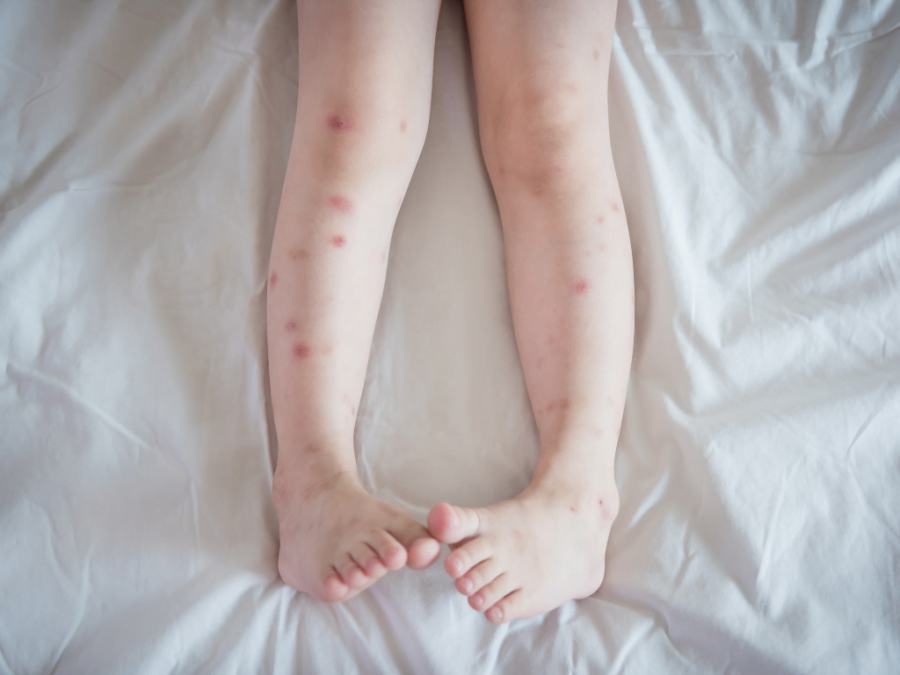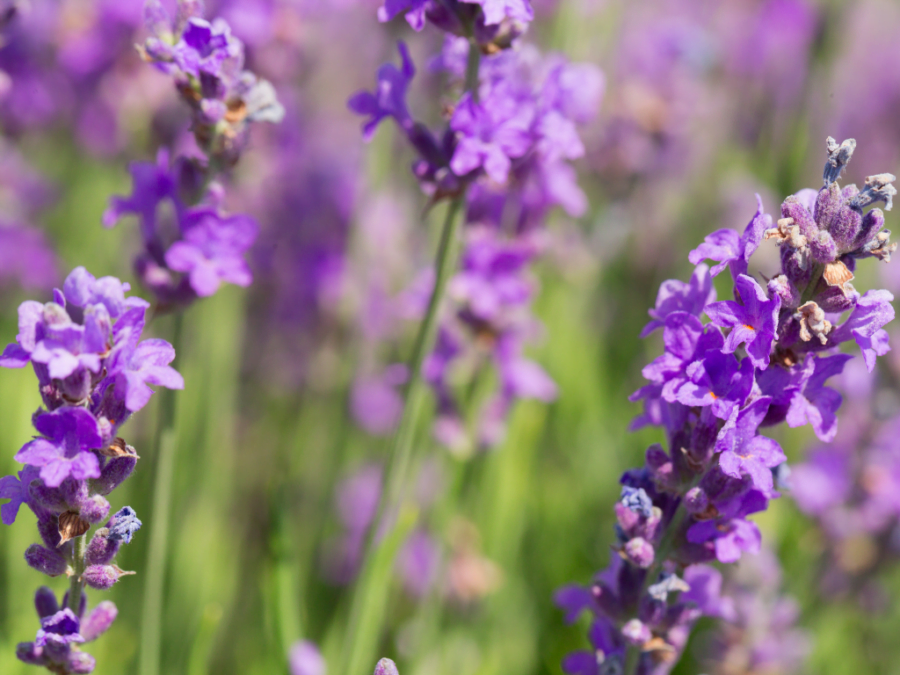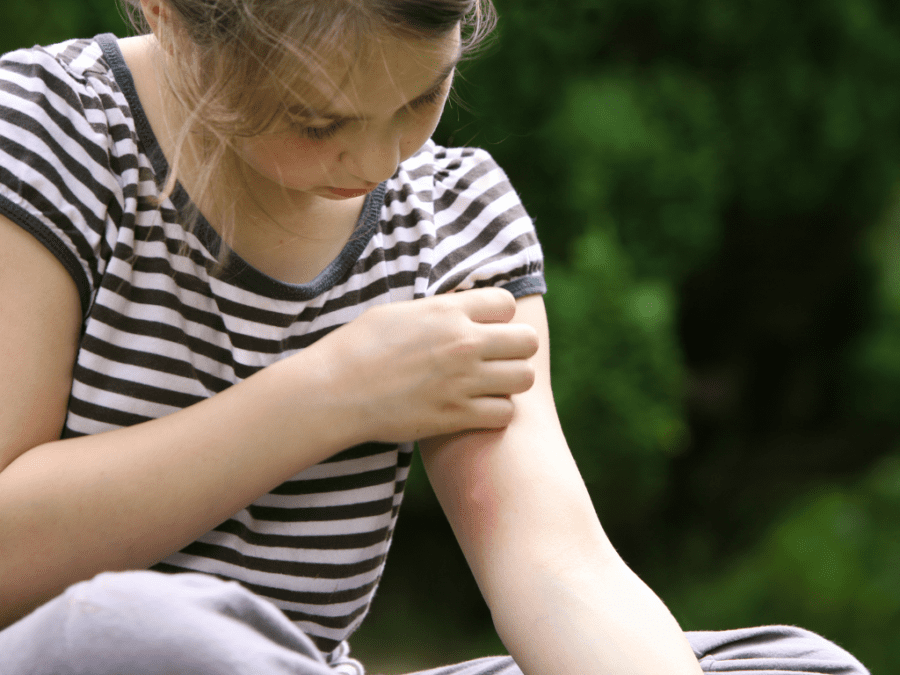Mosquitoes are a common summer pest that can be an annoying nuisance, but they can also be quite dangerous. They can spread diseases like dengue, Zika, West Nile Virus, and malaria. Fortunately, there are many easy, doable, and inexpensive ways to prevent mosquito bites. Whether you’re at home or traveling, you can take certain steps to ensure that you and your family are protected from mosquitoes and the illnesses they bring.
Table of Contents
ToggleEffects of mosquito bites
While most mosquito bites are harmless, some people may experience an allergic reaction to the mosquito’s saliva. This can cause symptoms such as swelling, redness, and itchiness around the bite site. In some cases, a person may develop a mild to serious infection if they are bitten by a mosquito that disease-causing pathogens have infected.
Viral infection
Mosquitoes are known to be vectors of different kinds of diseases. From dengue fever to yellow fever, the Aedes aegypti mosquito species alone can spread a wide variety of illnesses. The symptoms of these can range from mild to fatal, affect fetal development if pregnant mothers are infected, and more.
When a mosquito bites a person that’s been infected by a virus, the mosquito can get infected as well. It can then infect the next person it bites, thus spreading disease in a locale. While these diseases can’t be transmitted through person-to-person contact, they can be transmitted by mosquito bites.
Skin irritation

At the very least, mosquito bites can be a real annoyance. Not only are they itchy and irritating, but they can also become infected if not treated properly. Mosquito bites can cause swelling, redness, and itchiness in the bite site. It can look like a reddish or reddish-brown bump on the skin, but it can also look like a bruise or a small blister.
Reactions to mosquito bites can range from mild to severe. If your reaction is mild, you’ll get a reddish and itchy bump that’s irritating, but will eventually go away. However, severe reactions include hives, low-grade fever, or even swollen lymph nodes.
Additionally, scratching mosquito bites can lead to infection, though it’s typically not severe.
If you’ve been bitten by a mosquito and the bite is starting to itch and swell, you can wash the area with warm water and soap first. You can then apply an ice pack on the area of the bite for about 10 minutes, which you can repeat until the redness, swelling, and itching go away.
You can also use an over-the-counter topical cream to help with the itching. Many are formulated for use on kids, but you should consult a paediatrician before using any of these creams or lotions on toddlers and babies.
Keep your baby or toddler comfortable, healthy, and safe from illnesses with this free baby goodie bag. Best for babies and toddlers!
Mosquito life cycle
There are several mosquito species, but they generally follow the same life cycle. The differences between mosquito species in terms of their life cycles lie in where they lay eggs. Some species, like the dengue-spreading Aedes aegypti, lay their eggs in containers with water, just above the water line. Other species lay eggs in water, while others lay eggs on moist soil.
Mosquito eggs are typically black and elongated, making them look like dirt. A female mosquito typically lays eggs in batches of around a hundred, and these eggs are quite tough. They stick on the walls of a container and can survive for months before hatching. However, eggs can also hatch in a matter of days after laying.
If the water in a container with mosquito eggs rises to cover the eggs, the eggs will begin to hatch. Thus, if it rains or you add more water to a container, it will cause the larvae to emerge from their eggs. Eventually, the larvae will then eventually develop into pupae, which then develop to be adult mosquitoes. Adult female mosquitoes will eventually look for water to lay their own eggs, thus starting the cycle anew.
Tips for preventing mosquito bites
Mosquitoes are especially annoying because they can be difficult to get rid of, and they instinctively seek out humans. It can be difficult to keep mosquitoes away and avoid getting bitten, but it’s important to take preventative measures to avoid getting infected by the viruses that mosquitoes can carry. While there is no foolproof way to prevent mosquito bites, there are certain steps that you can take to reduce your and your family’s chances of being bitten.
Wear long sleeves and pants
Mosquitoes are attracted to the carbon dioxide we exhale, as well as our body heat and sweat. Wearing clothes that cover up as much skin as possible will help deter mosquitoes from biting you. You can also tuck your shirt into your pants, as well as tuck the cuffs of your pants into socks. This will reduce the amount of skin exposed, which can reduce your chances of getting bitten.
Another thing you can do is to spray permethrin, an insecticide, on your clothes and shoes. You can also spray it on things like tents and nets. Clothes that have been treated permethrin can still retain protection even after multiple washings, so you won’t have to constantly re-apply. However, it’s important to remember that you should not spray permethrin on skin. Additionally, you should consult a doctor if you’re pregnant or if you’ll be using it on your kids’ clothing.
Use air conditioning
You might wonder what you should do when it’s hot and wearing long sleeves will be too uncomfortable. One of the ways to keep mosquitoes away is to keep the air conditioning on, if possible. Air conditioning can dry out the air, which can inhibit mosquito breeding.
Of course, this isn’t a perfect solution. Running air conditioning for long periods is expensive, and dry air is also a problem in itself. However, turning the air conditioner on for the night or during the hottest time of the day can help.
Use mosquito repellents
Mosquito repellents are a great way to prevent mosquito bites and keep you comfortable during outdoor activities. There are many different types of mosquito repellents on the market, so it is important to find one that works best for you.
Some people prefer using products that contain DEET, while others like natural options such as citronella oil or herbal bracelets. No matter what type of repellent you choose, be sure to follow the instructions carefully and reapply as necessary. You also have your choice of multiple kinds of mosquito repellents on the market, so you’ll be able to choose the best option for your family.
The US Centers for Disease Control and Prevention (CDC) has listed five insect repellent ingredients that have been found to be safe for use. These are DEET, picaridin, IR3535, oil of lemon eucalyptus, PMD, and 2-undecanone. Learn more about the different types of mosquito repellents.
Plant mosquito repellent plants

There are many types of plants that can be grown in your garden to repel mosquitoes. Some of the most effective mosquito repellent plants for this purpose include citronella, lavender, and peppermint, and more. All of these plants release oils that mosquitoes find offensive and will help keep them away from your outdoor living areas.
Citronella is a grassy plant that releases a strong citrus scent that deters mosquitoes. It can be planted in containers or used as a border plant around your yard. Lavender also emits a strong scent that keeps mosquitoes at bay. Peppermint is yet another option; the menthol in the leaves confuses mosquito sensors, making it difficult for them to find you.
If you’re looking to add some insect-repelling plants to your garden this year, consider giving one of these options a try! They’ll also thrive in pots, so you’ll also be able to have these plants on your balcony or patio if you don’t have a garden.
Use insecticides and larvicides
Insecticides are chemicals that kill mosquitoes or stop them from breeding. They can be used in a variety of ways, including spraying them on surfaces or using them in traps. Insecticide sprays should always be used with caution, as they can be harmful if inhaled or ingested. Larvicides are chemicals that kill mosquito larvae before they can become adults. They can be added to water sources where mosquitoes breed or sprayed onto surfaces where mosquitoes might land.
There are many different types of insecticides and larvicides available on the market today. It is important to select the right product for your needs and follow the instructions carefully when using it. Mosquito populations can quickly rebound if not controlled properly, so it is important to stay vigilant in using these products correctly.
It’s also important to make sure that the insecticides and larvicides you use are safe for kids and pets if you have them. Some insecticides will require that you keep kids and pets out of the house and food secured and covered. If you’re hesitant about using insecticides, you can consult with your doctor to see if it’s a good option for your family.
Remove mosquito habitats
Mosquitoes need only about an inch of water to lay eggs. Even just a little water in a container is enough. If you leave water in cups, buckets, tires, flower vases, and the like, you’ll be leaving various possible breeding grounds for mosquitoes.
Keeping mosquitoes from breeding can sometimes be a daunting task. Because mosquito eggs stick to the walls of containers, you’ll have to scrub these containers to get them off. It’s also best to change the water in these containers at least once a week.
To reduce the amount of time and work that you’ll have to do to get rid of mosquito eggs, one thing you can do is to drastically reduce the number of containers with water in your house. You can also at least keep water containers covered to prevent mosquitoes from getting in. If you have a pool, make sure that the water is treated and is kept circulating.
Keep your surroundings clean
With the help of Supermom’s Free Home Cleaning Set, you’ll be able to keep your home clean and free of pathogens that can make your family sick. Protect your family’s health at no cost in just a few steps.
Keeping your home and yard clean keeps a lot of pesky bugs away, including mosquitoes and flies. You can start by getting rid of any standing water in your yard or around your house. Make sure you also check for hidden water in places like gutters, downspouts, tarps, pool covers, bird baths, or pet bowls.
Additionally, make sure that you repair any leaks in faucets or pipes. If you have a swimming pool or hot tub that’s not being used regularly, make sure to keep it covered.
Regularly wiping down surfaces and sweeping floors can also keep mosquitoes as well as other pests away. Cut back any overgrown vegetation and trim tall grasses short. Keep piles of leaves or debris away from your house as these make great places for mosquitoes to hide out during the daytime. By keeping your home and surroundings tidy, you’ll be able to keep mosquito populations under control.
Use mosquito nets
You can also protect yourself or your family by physically preventing mosquitoes from reaching you. You can do this by using mosquito nets, which are a tried and true way of protecting against mosquitoes.
Mosquito nets are also relatively cheap and easy and safe to use. They aren’t difficult to put up, and they can still allow airflow in the room. Thus, you and your child will be able to comfortably play and sleep under a mosquito net.
Additionally, there are mosquito nets that are designed for cribs, strollers, and car seats. Thus, your child can remain protected both indoors and outdoors.
Support natural mosquito predators
Depending on where you live, you might be able to get the local fauna to help you in your crusade against mosquitoes. While mosquitoes can cause a lot of trouble, they’re also the natural prey of a lot of animals.
Bats are a great natural predator of mosquitoes. They eat large numbers of them each night, and they can do so without harming people or other beneficial insects. In fact, bats help control insect populations overall.
If you have an aquarium, then you probably know that clean tank water is attractive to mosquitoes. However, this doesn’t mean that you’ll have to get rid of your fish tank to protect your family from mosquitoes. When the mosquito eggs hatch, they’ll hatch in the water. Any fish you have in your tank will naturally see the larvae as food. Additionally, if you keep the lid of the tank and prevent stagnant water, mosquitoes will be less likely to breed in your fish tank.
Other animals like birds, frogs, and lizards also prey on mosquitoes. Of course, you won’t have to keep these animals as pets or even feed them. However, you might benefit from letting them thrive in your surroundings.
Use mosquito traps
Mosquito traps can be an effective way to control the mosquito population in an area. There are a variety of different types of mosquito traps, but all work by using some type of attractant to lure mosquitoes into the trap where they are then killed.
There are a number of benefits to using mosquito traps. They can help reduce the number of mosquitoes in an area, which can help reduce the risk of diseases like the Zika virus and West Nile virus. Second, they are relatively easy to use and do not require many precautions. Third, they can be a cost-effective and safer way to control mosquitoes. Fourth, they can be a good alternative if you don’t want to use insecticides or if you’re unable to use mosquito repellents.
While there are many benefits to using mosquito traps, there are also some drawbacks. One potential drawback is that not all types of mosquitoes may be attracted equally well by different types of bait or lures used in traps. This could lead to some areas having more success controlling mosquitoes than others depending on what type of bait is being used.
Another downside is that some mosquito traps can attract mosquitoes but fail to kill them. Thus, this could lead to an increase in mosquito populations as they breed inside the trap.
However, despite these possible drawbacks, mosquito traps have proven themselves as an effective tool in controlling mosquitoes and preventing their associated diseases.
Preventing mosquito bites when traveling

In many parts of the world, mosquitoes are vectors for some of the most deadly diseases known to man. Malaria, yellow fever, dengue fever, and Zika are all spread by mosquitoes and can cause significant illness and death. In addition to these well-known diseases, there are a number of other mosquito-borne illnesses that can cause serious health problems.
Mosquitoes thrive in warm climates and areas with standing water, making tropical countries particularly susceptible to outbreaks of mosquito-borne illnesses. However, even colder countries have seen cases of these diseases as the climate changes and global travel becomes more common.
With people around the world getting ready to travel again, you and your family can win a chance to travel to Bangkok, Thailand!
What to pack
It is important for people traveling to or living in areas where mosquito-borne illnesses are common to take precautions against being bitten by mosquitoes. Using insect repellent containing DEET or picaridin is one way to protect yourself from mosquito bites; wearing long sleeves and pants when possible can also help reduce exposure.
If you’re traveling to an area known to have mosquitoes, make sure that you at least pack insect repellent. It’s also important to make sure that you have enough for yourself and other members of your family to last for the duration of the trip.
If you’re going camping, you can also use permethrin-treated tents or mosquito nets to help make sure that mosquitoes won’t be bothering you while you sleep. Permethrin-treated long-sleeved shirts and pants will also be helpful. That way, you’ll still be protected even as you hike or walk around.
How to keep mosquitoes out
One of the easiest things you can do to keep mosquitoes away while you’re traveling is to stay in an air conditioned room. However, depending on where you’re going, this might not always be possible. You can then use mosquito tents to prevent mosquito bites at least when you go to bed.
Additionally, try to make sure that you book rooms or lodging that have screens on the windows and doors. This will help make it easier to keep mosquitoes out.
References
- https://www.cdc.gov/mosquitoes/mosquito-bites/symptoms.html
- https://www.cdc.gov/ncezid/dvbd/about/prevent-bites.html
- https://www.cdc.gov/mosquitoes/mosquito-bites/prevent-mosquito-bites.html
- https://www.epa.gov/insect-repellents/tips-prevent-mosquito-bites





